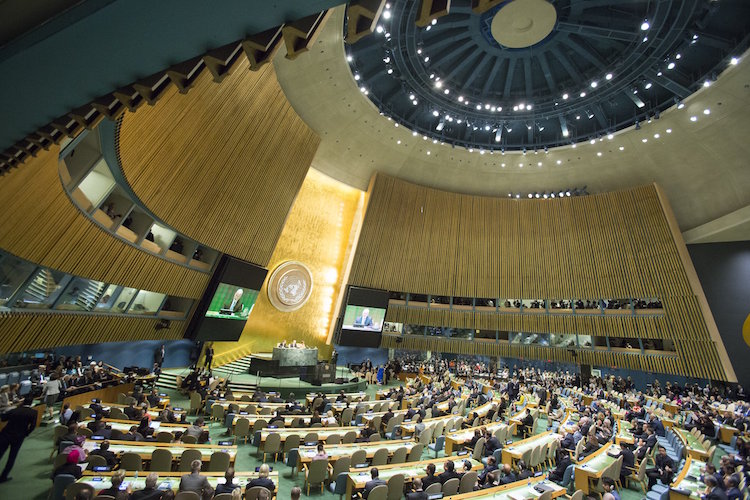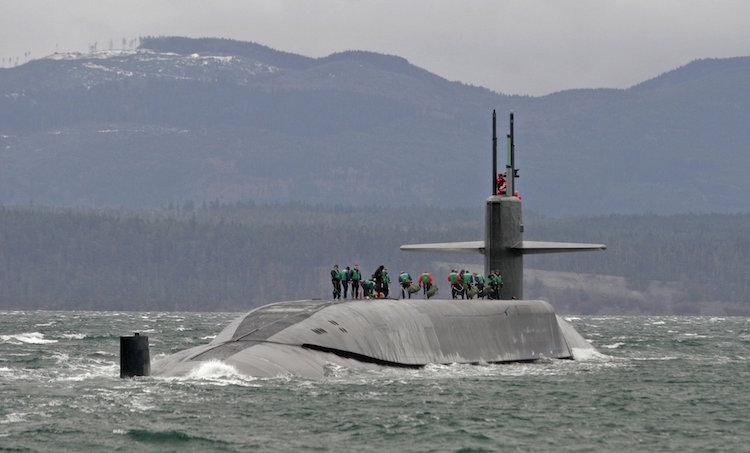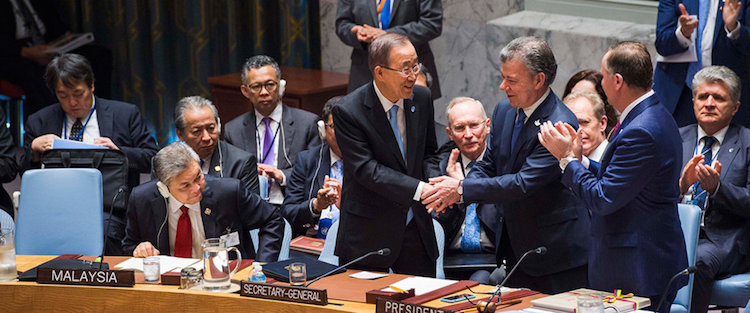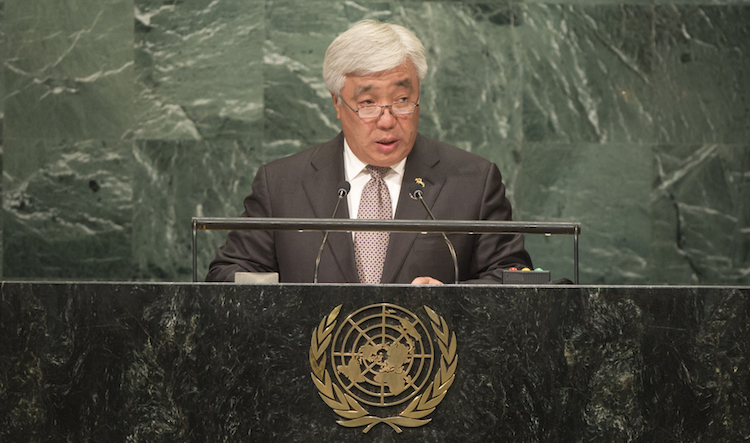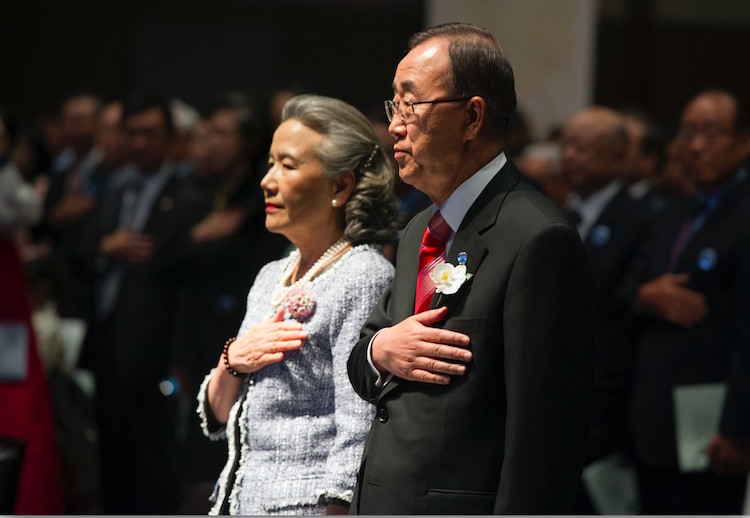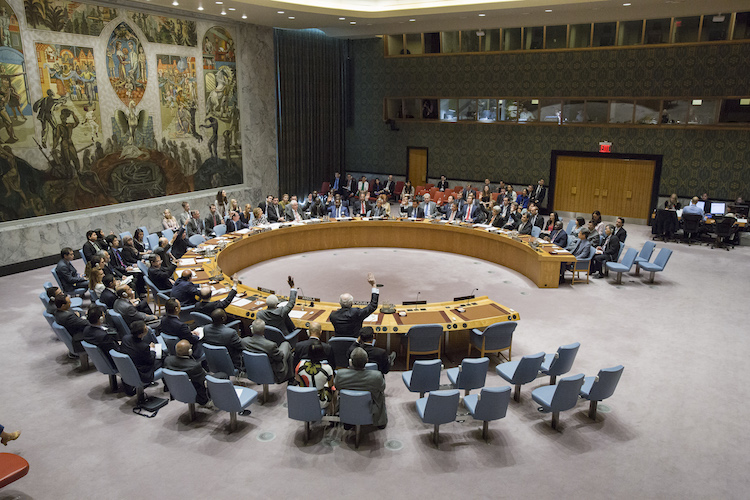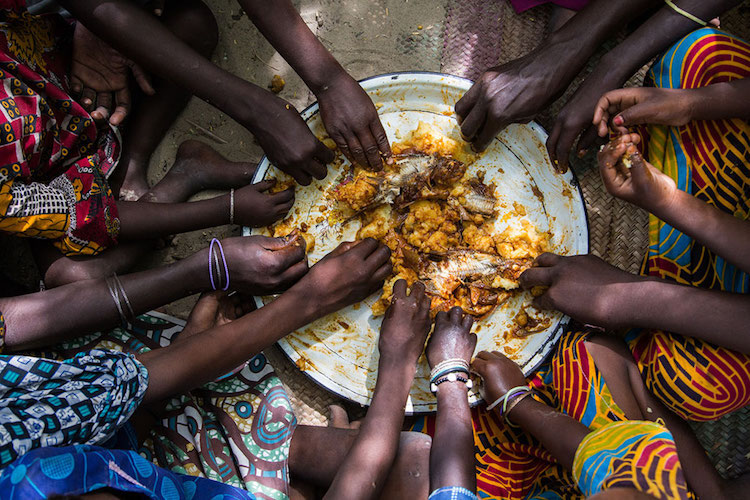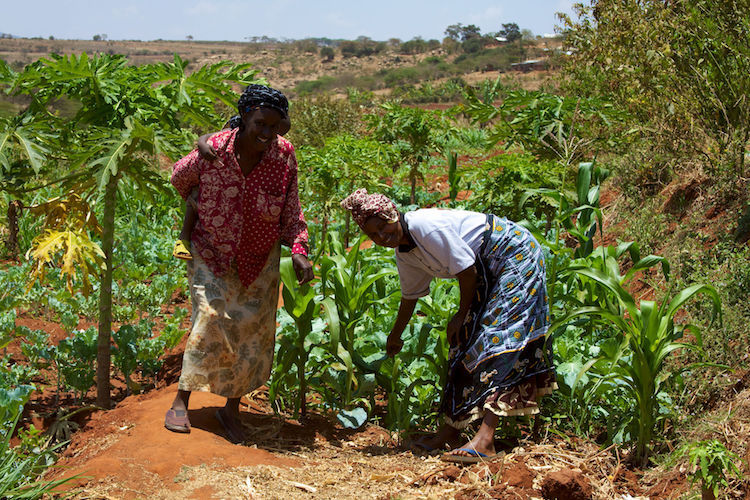By Jamshed Baruah
GENEVA (IDN) – The United Nations General Assembly will consider during the period October 24 to November 2 a resolution to launch formal, multilateral negotiations in 2017 on a “legally-binding instrument to prohibit nuclear weapons, leading towards their total elimination”.
Sponsored by Austria, Brazil, Ireland, Mexico, Nigeria, and South Africa, the resolution has been submitted on September 28. “It will likely be approved with more than 120 states in support”, said Daryl G. Kimball, Executive Director of the Arms Control Association (ACA). “The proposal may allow for consideration of several options and proposals, including a ban treaty,” he added.

